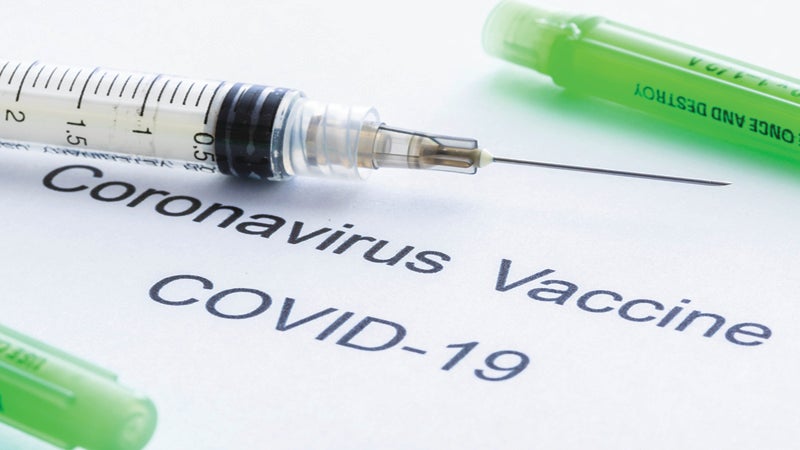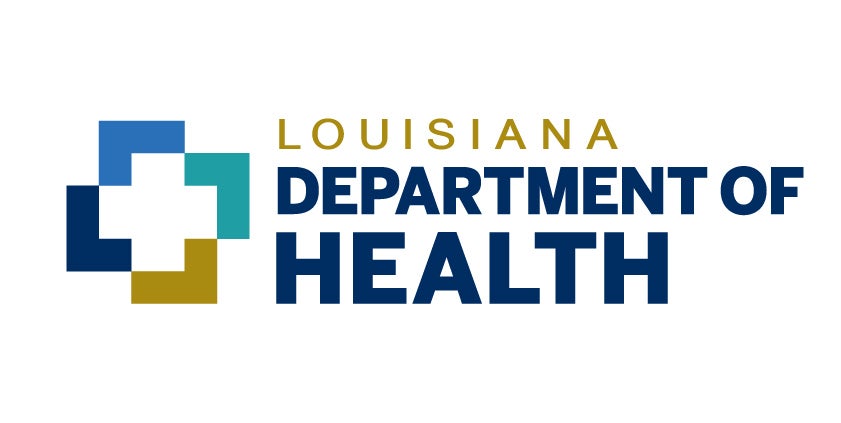Ravipati: Recognizing common heart attack symptoms for both men and women
Published 8:05 am Tuesday, February 25, 2020

- Dr. Vijay Ravipati
|
Getting your Trinity Audio player ready...
|
Louisiana ranks fifth highest in the nation for heart disease related deaths, making it critically important for both men and women to be proactive about heart health – including understanding what a heart attack is and learning the warning signs.
`There’s no question about it – your heart has an important job. When it’s functioning normally, your heart pumps blood, ensuring that all organs have an ample supply. Over time, your arteries can naturally get clogged by cholesterol or fat and it becomes harder for blood to pass. Think of an artery like the drain in your kitchen sink. If something gets caught in the drain, water can pass through, but at a much slower pace.
A heart attack happens when the artery becomes completely blocked, leaving the blood unable to go forward. Essentially, the blood is cut off from the other parts of the heart, unable to deliver the oxygen your heart needs to function. Think about your kitchen sink again. When it’s completely clogged, the water has nowhere to go and starts to back up.
Recognizing the warning signs of a heart attack can save your life. The most well-known sign of a heart attack is severe chest pain or discomfort. Other common symptoms include shortness of breath, cold sweats and extreme fatigue.
It’s important to know there are additional symptoms that men may experience but women may not and vice versa. When a man has a heart attack, he might experience crushing chest pain, cold sweats, upper body pain and shortness of breath. Women may experience a completely different set of symptoms, including nausea and vomiting or neck, jaw, back or throat pain. Additionally, 64 percent of women who die suddenly of heart disease have had no previous symptoms.
The good news – for both men and women – is that many heart attack risk factors are preventable. Here’s three ways you can keep your heart healthy:
- Exercise Regularly: Work out regularly and build more physical activity into your day. Enlist a friend to become active with you so you will stick with it. Aim for at least 150 minutes per week of moderate intensity physical activity, such as brisk walking.
- Decrease Your Salt Intake: Salt can increase blood pressure because it holds extra fluid in the body, which puts unnecessary stress on the heart. Watch out for sodium in prepared foods. Eating these foods less often can help reduce your sodium intake. The American Heart Association recommends no more than 2,300 milligrams a day and an ideal limit of no more than 1,500 per day for most adults.
- Quit Smoking: Smoking increases blood pressure. If you smoke throughout the day, your blood pressure is elevated for a longer period because smoking quickly adds up to several hours.
Remember – everyone needs to be proactive about heart health. If something feels off, it’s important to listen to your heart (literally and figuratively) and get checked out!
Dr. Vijay Ravipati received his medical degree from St. Matthews University in the Grand Cayman British West Indies. Following this, he completed his Internal medicine internship and residency at the University of Oklahoma in Tulsa. He completed his cardiology fellowship in general adult and interventional cardiology at Louisiana State University in New Orleans. He is board certified by the American Board of Internal Medicine in internal medicine, adult cardiology, interventional cardiology, nuclear cardiology and is a Fellow of the American College of Cardiology. To contact him at Ochsner Health Center- River Parishes (502 Rue de Santé, LaPlace, LA 70068), call 504-842-7434 or visit www.ochsner.org.





